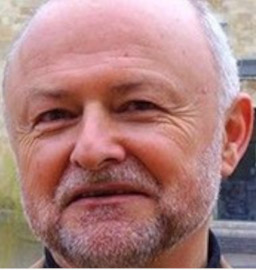
CESARE MONTECUCCO
National Research Council, Institute of Neuroscience and University of Padova
He works at the discovery of factors and signals involved in the regeneration of the neuromuscular junction after damage caused by toxins, autoantibodies and mechanical traumas and at the clarification of the mode of action of the neuroparalytic toxins causing Tetanus or Botulism or Snake envenoming. He has carried out research in the Universities of Cambridge, Utrecht, and Costa Rica, the Institut Pasteur of Paris and the EMBL of Heidelberg.
He has studied the molecular and cellular pathogenesis of diseases caused by toxin producing pathogenic bacteria (anthrax, botulism, tetanus, Helicobacter pylori) and by poisonous snakes and insects. Major discoveries: a) the identification and characterization of the metalloprotease activity of the neurotoxins responsible for tetanus and botulism, b) the identification of their proteins targets (SNAREs) including sites of cleavage and mechanism of specific recognition, c) the metalloprotease activity and target of the anthrax lethal factor, d) the mechanism of action of two major virulence factors of H. pylori: VacA and NapA, e) the mechanism of action of the snake presynaptic PLA2 neurotoxins, f) the intercellular signalling axis CXCL12 - CXCR4 controls axonal growth in peripheral neurons g) the identification of drugs that prevent botulism and of drugs that promote regeneration of the neuromuscular junction after damage.
He has received several scientific prizes, including the Harvard Medical School Shipley Prize for Medicine 1993, the Italian Biotech Prize 1998, the Masi Foundation Prize for special contributions to science 2003 the Feltrinelli Prize for Medicine 2004, the Redi Award 2009, the Hatheway Medal 2009; the Ehrlich Prize for Medicine 2011 and the Lifetime Achievement Award of the International Neurotoxin Association in 2019 and of the Lifetime Achievement Award of the Institute of Advanced Science, University of Massachusetts in Dartmouth, USA. He is member of the following Academies: Lincei, Leopoldina, EMBO, Europaea, IVSLA and both the European and American Academies of Microbiology.
271 research papers + 90 reviews and opinion papers + 3 books. More than 42,000 references, H index 106 Google Scholar June 2024. Interviews: https://www.mdpi.com/2072-6651/10/8/307/htm